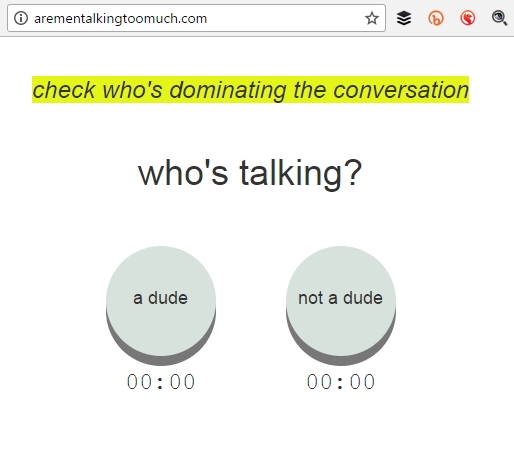Guest post by Jeff Mosenkis of Innovations for Poverty Action. I know this week for many of us it’s been hard to pay attention to what else has been going on in the world, what with the release of Stata 15 and all, but I’ll try to help with some stuff you may have missed: The World Bank’s Hedy Sladovich &Emanuela Galasso put together several very accessibly written one-paragraph summaries of recent findings on what works in early childhood development. It pairs nicely with this (mostly Western-based) review from 10 researchers on what works in pre-K. If you’re busy, skip to the last page for the consensus statement. (Both via David Evans) But if you’re more into land and agriculture, you might prefer Markus Goldstein, Niklas Buehren and Muthoni Ngatia’s one-sentence summaries of 45
Topics:
Jeff Mosenkis (IPA) considers the following as important: agriculture, Behavioral Economics, development, early childhood development, Economics, Education, gender, links, miscellany, news, Research
This could be interesting, too:
Lars Pålsson Syll writes Schuldenbremse bye bye
Lars Pålsson Syll writes What’s wrong with economics — a primer
Lars Pålsson Syll writes Krigskeynesianismens återkomst
Lars Pålsson Syll writes Finding Eigenvalues and Eigenvectors (student stuff)
Guest post by Jeff Mosenkis of Innovations for Poverty Action.
I know this week for many of us it’s been hard to pay attention to what else has been going on in the world, what with the release of Stata 15 and all, but I’ll try to help with some stuff you may have missed:
- The World Bank’s Hedy Sladovich &Emanuela Galasso put together several very accessibly written one-paragraph summaries of recent findings on what works in early childhood development.
- It pairs nicely with this (mostly Western-based) review from 10 researchers on what works in pre-K. If you’re busy, skip to the last page for the consensus statement. (Both via David Evans)
- But if you’re more into land and agriculture, you might prefer Markus Goldstein, Niklas Buehren and Muthoni Ngatia’s one-sentence summaries of 45 recent conference presentations on African agriculture.
- A bunch of big name authors find returns to nudges for governments are generally pretty high, though they vary (helpfully, the authors compare different types of nudges in the same category so you can see the variance). It’s important to know that while the effects aren’t usually huge, they’re worthwhile because they’re so cheap (such as switching a default option in an existing program or sending a differently worded message), as they note:
Because traditional interventions are intended to change behavior by altering the cost-benefit calculation that individuals undertake when focusing on a particular decision, these interventions face the challenge that individuals’ ability (and desire) to engage high-level cognitive capacities is often limited (Shah, Mullainathan, & Shafir, 2012). Nudges, by contrast, can succeed because they account for individuals’ intuitions, emotions, and automatic decision-making processes. These processes can be triggered or enlisted with simple cues and subtle changes to the choice environment, so nudges can be effective yet cheap, generating high impact per dollar spent.
And AreMenTalkingTooMuch.com is a handy timer you can use in meetings:


